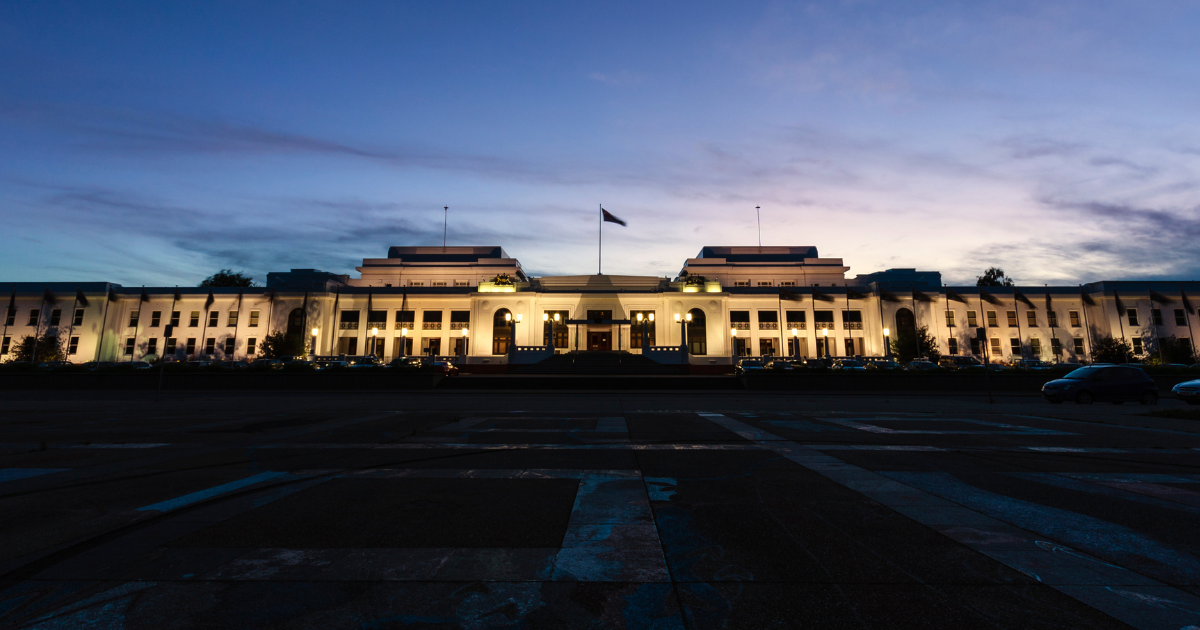28 June 2022 – National LGBTIQ+ organisation Equality Australia has today called on the newly elected Albanese Government to join New Zealand, Canada and the UK in taking steps to count LGBTIQ+ people in the census, saying today’s release of census data is a wasted opportunity.
“The release of today’s census data gives us fascinating insights into the diversity of the Australian community – what we believe, what language we speak at home, rates of chronic disease, and other key demographic data that will inform crucial decisions about what services are provided to communities, and where,” said Anna Brown, CEO of Equality Australia.
“But once again, lesbian, gay, bi+, transgender, intersex and queer people are not properly represented in the census data, because the ABS and the minister responsible at the time failed to ensure much-needed questions about sexual orientation, gender identity or variations in sex characteristics were asked or asked properly.
“Until we’re counted, we’ll remain invisible. That’s why – with the first release of 2021 census data – our communities are coming together again to say that it’s time for the Census to stop leaving LGBTIQ+ people out, and count us in.”
The 2021 census collected information about chronic health conditions for the first time, and data released today reveals that mental health conditions are the most experienced conditions in the community. Separate research shows that LGBTIQ+ people in Australia experience significant health and wellbeing disparities, compared to the rest of the community, with particularly poor mental health outcomes.
Equality Australia said that without reliable data about the number of LGBTIQ+ people, their age and location, governments and health and wellbeing services are less able to provide effective services or direct funding to address these disparities.
“Young people from the LGBTIQ+ community are approximately five times more likely to have attempted suicide than the general population; and almost one in every two children who are trans have attempted suicide,” said Anna Brown, CEO of Equality Australia.
“The problem is, we just don’t know in which parts of Australia all these people live, and that is something that a nationwide census could have told us.
The 2021 Census came with many problems for LGBTIQ+ people, reflecting a failure of the former government and the ABS to confront the reality of modern Australia.
The 2021 census counted couples living together with a same gender partner and nearly 25,000 same-sex marriages, but lesbian, gay and bi+ people who were single, who weren’t living with a partner, or who were in a relationship with a person of a different gender at the time were not counted.
Rainbow families were confronted with questions about the birthplace of their child’s mother and father, asking parents to choose which one of them would be relegated to a second-class status on the Census form.
And while the 2021 census offered people the opportunity to record ‘non-binary sex’, the language was confusing, conflated the trans and intersex population, and failed to count most trans people who identify as simply male or female. This was despite years of advocacy by LGBTIQ+ health, transgender and intersex advocates, leading to the ABS’s own better practice standards – which were not implemented in the Census itself.
“The Census seriously let down transgender, gender diverse and intersex people. It failed to ask questions that captured our true diversity, rendering most transgender and intersex people invisible or unable to accurately answer questions in the Census which made assumptions about gender.”
“LGBTIQ+ Australia was left with a sour taste in its mouth after being deliberately left us out of the 2021 Census. In 2026, we shouldn’t have to get married to be counted properly, or be asked ill-fitting questions about who we are or our families.”
Media Contact: Tara Ravens 0408 898 154, tara.ravens@equalityaustralia.org.au
